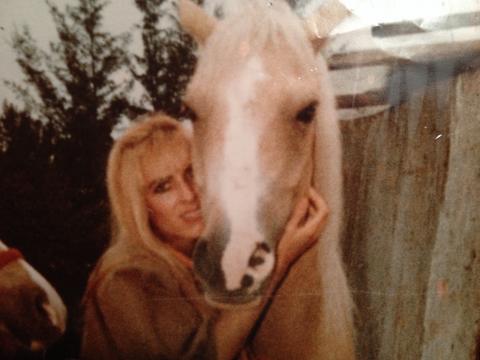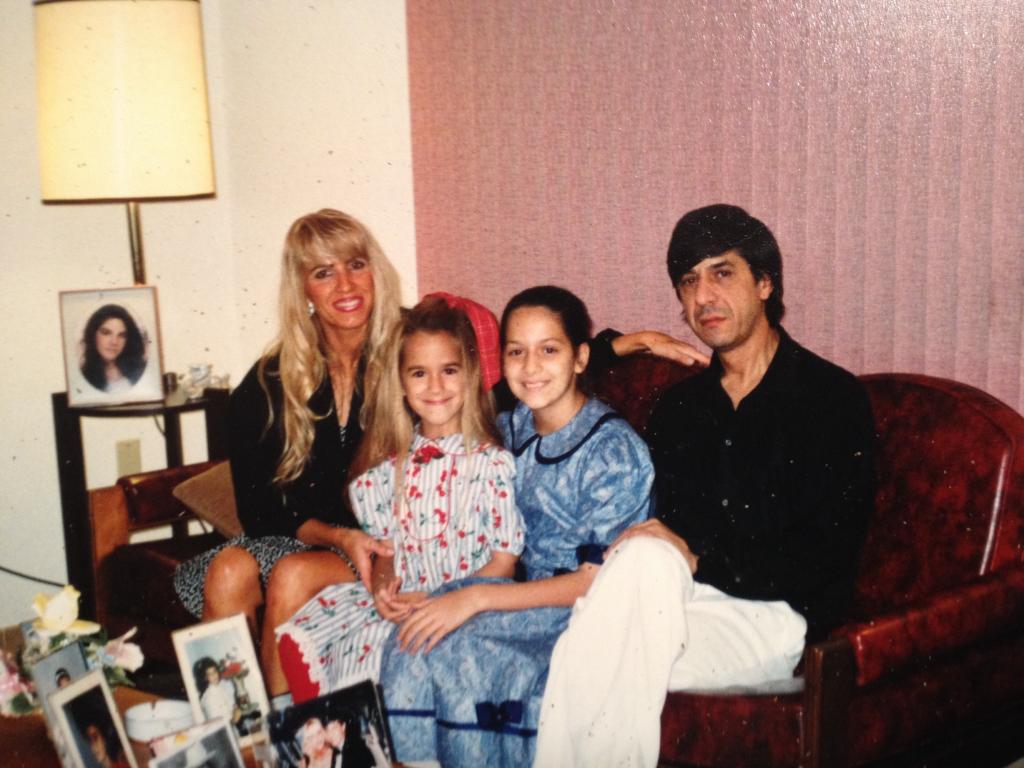
“El dia que naciste mi niña linda, nacieron todas las flores” are the first words my mom said to me this morning.
It’s moments like these, in my mother’s infinite love and unconditional affection, that I remember why I’m activist.
As we approach Mother’s Day, I’ve been thinking about Paula Gunn Allen’s article “Who is Your Mother? Red Roots of White Feminism“ that I read many years ago college. She addresses, among other things, the importance of tracing our own history through our mothers and their work—“your mother’s identity is the key to your own identity.” Her article resonated with me even then, because it’s through my mother that I can see who I am.
As a stay-at-home mom, my mother was a primary support system in our community. When working parents had no one to take their kids to school my mom was there to support them, often meaning our rides to school included a car packed with kids. If the elderly woman who lived downstairs needed a ride to the doctor, or a favorite cat became sick, or someone didn’t have time to make dinner—my mom was there to help. I have people that I’ve lost touch with over the years who still reach out to me just to say things like “I still remember the sandwiches your mom use to make me” or “your mom always gave the best talks on the ride home” or “remember when your mom nursed that pigeon back to health?” Yes, I remember these moments and more.
My mother taught me the best lesson I could ever learn as an activist—that loving people meant showing kindness and being there for them during the tough times, not the easy ones. She taught me that every person deserves to be valued and that in those small everyday interactions we could change lives.
This is why it’s so frustrating when I meet women who snub their noses at my mother.
My mom is a product of a world that has historically been unfriendly to moms. When she had my sister, my parents realized quickly that childcare would cost more than my mom’s paycheck would bring in. With one grandmother working and the other too elderly to keep up with young kids—my parents made the smart decision at that moment of having my mom stay at home to care for us. My mother woke up extra early each morning to make multiple lunches (I was often a lunch delivery service for at least three kids at my school) and went to sleep later than each of us ironing our clothes for school. She never seemed to stop or rest.
Years later—like so many other stay-at-home moms—my mom suffered from the “Mommy Tax” and faced difficulties finding work. If childcare had been affordable or my parents had access to other support systems, it’s unlikely that my mom would have stayed home. I wish my mother could have had the advantage of a flexible workplace like I do now, but I’m also grateful she was there to support our community.
As I got older, I had women say things to me like “God I wish I could stay home all day the way your mom does” or “So what does your mom do all day?” I’ve had to explain my mother’s amazing work to more women over the years than I can count—explanations that often leave me angry and discouraged with each look of disbelief thrown my way.
It was because of these conversations that I became a feminist. I’ll never forget the first time I saw the barriers stay-at-home moms face framed as a feminist issue. The sense of empowerment and relief I felt that someone out there was advocating for moms like mine was palpable.
My mother’s lessons of kindness coupled with my outrage at the way she is often undervalued, are a constant reminder of why I work on issues that impact families. I know this is the best gift I can give my mother every Mother’s Day—the knowledge that her daughter will continue her legacy of kindness and social service.




The views and opinions expressed in this post are those of the author(s) and do not necessarily reflect those of MomsRising.org.
MomsRising.org strongly encourages our readers to post comments in response to blog posts. We value diversity of opinions and perspectives. Our goals for this space are to be educational, thought-provoking, and respectful. So we actively moderate comments and we reserve the right to edit or remove comments that undermine these goals. Thanks!